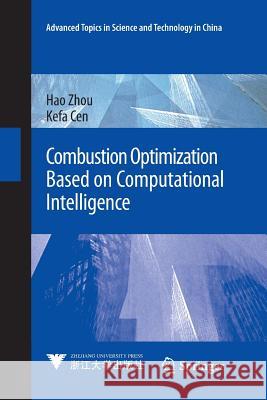Combustion Optimization Based on Computational Intelligence » książka
topmenu
Combustion Optimization Based on Computational Intelligence
ISBN-13: 9789811356780 / Angielski / Miękka / 2018 / 270 str.
Kategorie:
Kategorie BISAC:
Wydawca:
Springer
Seria wydawnicza:
Język:
Angielski
ISBN-13:
9789811356780
Rok wydania:
2018
Wydanie:
Softcover Repri
Ilość stron:
270
Waga:
0.42 kg
Wymiary:
23.39 x 15.6 x 1.57
Oprawa:
Miękka
Wolumenów:
01
Dodatkowe informacje:
Wydanie ilustrowane











